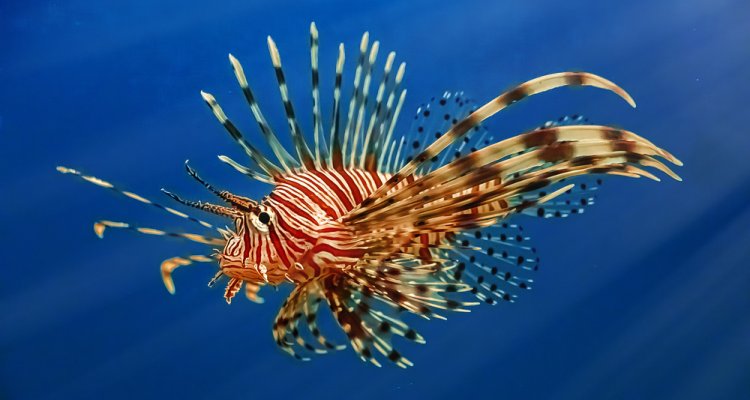
Promotie
What Makes Lionfish Successful Invaders? Exploring Lionfish Behavior and Cognition
Samenvatting
Worldwide, the number of invasive species has been on the rise due to human-induced global change. Many theories have been proposed as to what makes a good invader, however, it still remains enigmatic what general traits are most crucial to invasive success across species. The Indo-Pacific lionfish (Pterois spp.) is a recent invader spreading through the Caribbean and Mediterranean Seas, and is commonly regarded as one of the most successful marine invaders. While lionfish’s life history and physical characteristics in relation to invasion events are well documented, the behavior and cognition of this species, and how these traits contribute to their invasive success, is vastly understudied. In my thesis, I investigate how lionfish behavior may impact their invasive success, ranging from their visual capabilities, behavioral flexibility, and learning ability. I argue my research is a start to unraveling the question of what makes lionfish so invasive, but also more generally, what makes a species a successful invader.